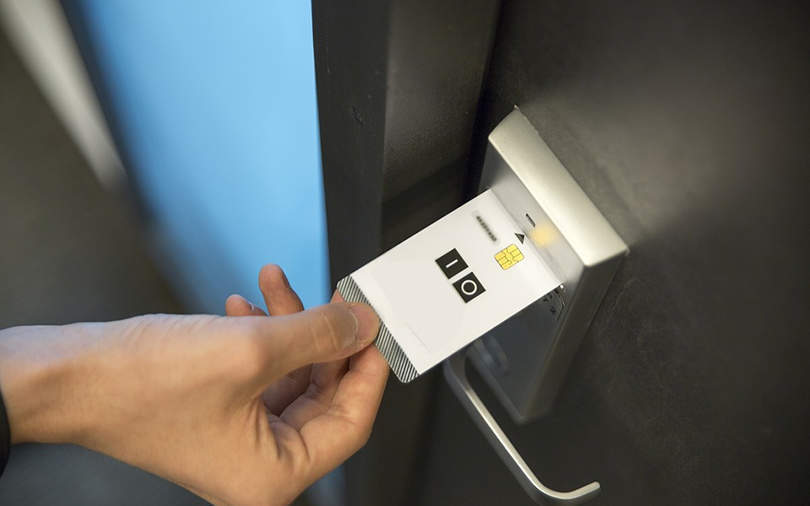
Tech Mahindra signs $43 mn deal with navy for secure-access cards


Indian information technology (IT) services firm Tech Mahindra has signed a deal worth Rs 300 crore ($43 million at current exchange rate) with the navy for developing and issuing secure access cards as part of the Armed Forces Secure Access Card (AFSAC) project.
As part of the digital transformation project that looks to toss aside the paper-based identity system, Tech Mahindra will deploy a microprocessor-based access control system throughout all naval bases and ships in a period of two years.
The cards will be sanctioned for all navy personnel including dependents and ex-servicemen, the company said in a statement, adding that the digital system will use Capability Maturity Model Integration (CMMI) level 5 processes.

CMMI is a model used to streamline operations across an enterprise or organisations.
Sujit Baksi, president of India business and corporate affairs at Tech Mahindra, said that the company will develop a secure application to manage the access-control devices, network devices and the control system through a data centre.
Speaking about the access-control project, commodore Atul Kumar, project director at navy, said that the security of Indian naval establishments against unauthorised access is a thrust area.

On Tuesday, Tech Mahindra reported a 7.4% drop in net profit for the March 2019 quarter to Rs 1,132 crore from Rs 1,222 crore a year earlier.
Revenue grew 10.4% to Rs 8,892 crore from Rs 8,055 crore during the period, the Pune-based IT firm said.
The company has also seen a decline in net profit and revenue on a sequential basis. Its net profit was Rs 1,203 crore for the December 2018 quarter while its revenue stood at Rs 8,944 crore.

For the full year ended March, Tech Mahindra reported a 13.1% growth in net profit to Rs 4,298 crore from Rs 3,800 crore for the previous year. Revenue grew 12.9% to Rs 34,742 crore from Rs 30,773 crore during the period.
Last week, the company said that it had signed a memorandum of understanding with Japanese e-commerce company Rakuten's no-code mobile-app creator Aquafadas. Under the collaboration, both aim to transform content-deployment technologies across multiple screens.
